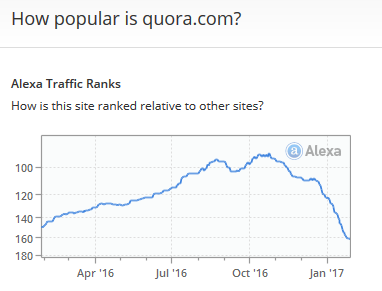I’m not sure. Really, I’m not sure. I say that, because the following is speculation that your friend might not welcome.
Vavasis Βαβάσης does not have an obvious Greek etymology to me. It may have one, but I can’t discern it.
My first guess was that it is a hellenisation of Babasis Μπαμπάσης, which turns up in Corinthia, and is thus likely Arvanite (i.e. ethnic Albanian); cf. Ndriçim Babasi – Wikipedia, a member of the Albanian parliament.
However, googling establishes a critical mass of Vavasises in Cephalonia, and (from Facebook: Πολιτιστικός Σύλλογος Πάστρας Παλιόκαστρο ) that the surname is associated with the village of Pastra. The surname is given as Cephallonian in the list at Τα επώνυμα των Κεφαλλήνων, originally compiled by Miliarakis in 1890. The surname, FWIW, is not included in the list of local nobility (the Libro d’Oro) of 1799 (http://www.kefaloniamas.gr/κοινω…)
I still can’t think what Greek or Italian name it’s associated with…
… and then, I read the Greek Wikipedia page: Πάστρα Κεφαλονιάς – Βικιπαίδεια
The village was founded by Albanian mercenaries working for Venice in the 15th century. The Pastras family are apparently the majority of the village, but I think it’s still likeliest the surname is Albanian in origin.
Assuming I’m right, I’m going to have to ask Albanians on Quora what it likely means. I don’t know that I’m right, but like I say, I can’t see a Greek or Italian origin for the surname.

